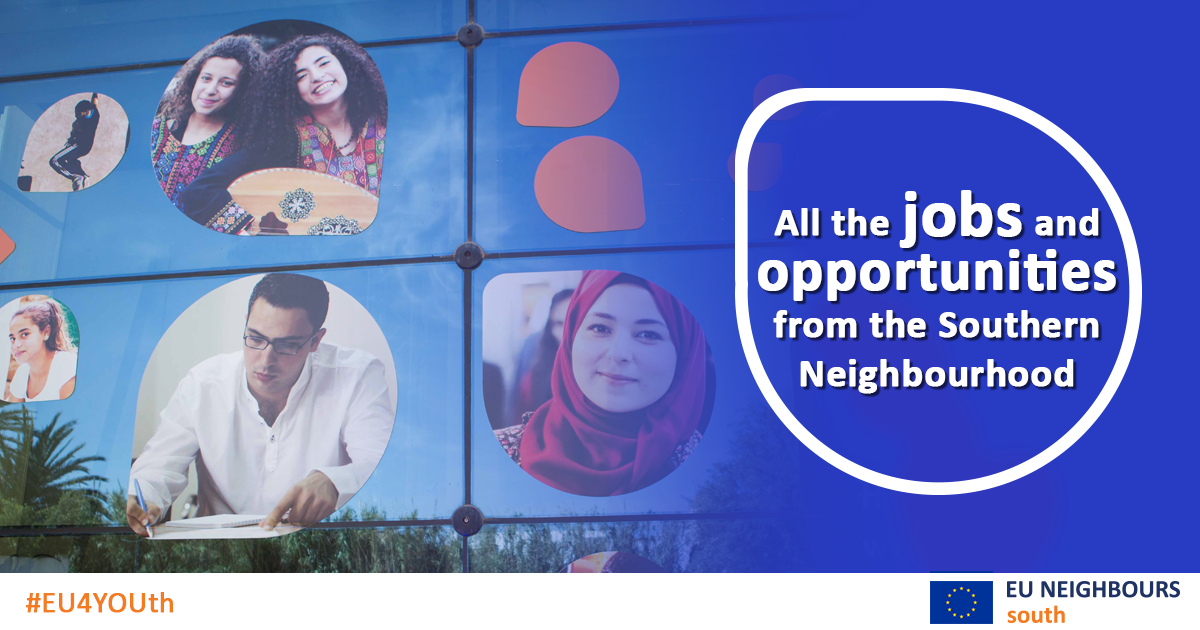12th Forum of Euro-Mediterranean Statisticians discussed recent developments in statistics and statistical cooperation programmes

The 12th Forum of Euro-Mediterranean Statisticians organised by Eurostat took place on 19 and 20 November in Tirana, Albania. The meeting was held in physical mode with some partners participating online. The annual Forum meetings between Eurostat and the Directors General and Principal National coordinators of the National Statistical Institutes of the Southern Neighbourhood partners serve as a platform to discuss strategic issues on developments in statistics in the European Statistical System and the Mediterranean area and to follow up on statistical cooperation programmes and their implementation.
The first day was dedicated to the steering committee meeting for the EU-funded regional statistical cooperation programme Medstat V. Lead coordinators informed on the successes, achievements, planned activities and tangible outputs for each of the 11 thematic and horizontal sectors. Good progress was underscored with over 60 activities implemented to date, to the benefit of 871 participants along with positive evaluations received for the activities as well as with tangible results defined for all sectors. The benefits of synergies established within Medstat V were highlighted including with the ILO, EFTA, UFM and UNSD. The possibility of new topics was discussed including new domains and types of technical assistance. The importance of knowledge sharing, promotion of best practices and the production of tangible outputs within the programme were emphasized to ensure sustainability, and longevity of the value and success achieved by the Medstat V programme.
The second day of the Forum focused on statistical cooperation and strategic developments in statistics including recent developments in the European Statistical System. The revision of the EU framework regulation no. 223/2009 was highlighted including key changes to allow enhanced access to administrative data and privately held data, fostering of data sharing, enabling new roles for statistical offices in the national data ecosystem and strengthening coordination.
Several interesting and current topics were presented and discussed such as for example the role of information systems in statistical planning and monitoring, innovative techniques for data collection, processing & publishing processes for the population Census. This was of high importance as several partners have just implemented or are planning their population census. The use of ‘geoclip’ technology to obtain demographic data through a geoportal platform was presented as well as examples of using advanced data science tools to produce official statistics. The Forum made for interesting discussions and fostered a good exchange of ideas and practices across the region.




























 Syria
Syria 





